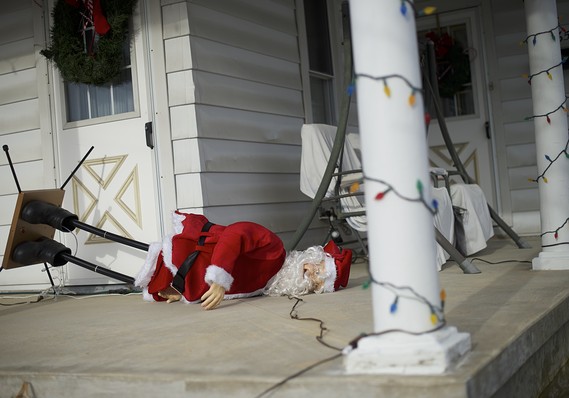By JEFFRY BARTASH REPORTER
Source: www.marketwatch.com, February 2019
Worst retail sales report since 2009 greeted with wide skepticism
Did U.S. retailers really just have the worst December since the 2007-2009 Great Recession? Wall Street’s economists are skeptical. Very skeptical.
The Commerce Department on Thursday said retail sales slumped 1.2% at the end of 2018, marking the biggest decline in nine years. Virtually every retail segment suffered, including high-flying internet retailers.
At least that’s what the initial government estimate showed. Many economists don’t believe it.
“There’s no denying retail sales are weaker, but they are not this weak,” asserted chief economist Richard Moody of Regions Financial. Moody regularly tells investors to ignore preliminary retail sales figures because they are so often heavily revised.
He is far from alone. Most economists say investors should treat the December retail report cautiously.
“This release is such an outlier and so incongruous with the general trend in consumer spending, holiday consumer sales reports and holiday seasons consumer credit data that it does raise suspicions of data reliability,” said Ward McCarthy, chief financial economist at Jefferies LLC.
One big red flag, for example, was a reported 3.9% decline in sales among internet retailers. The last time internet sales fell that much was in 2008 at the height of the last recession.
Yet by all accounts, Amazon and other internet retailers posted very strong sales and had one of the best holiday seasons in years.
What gives?
Moody points to the government’s effort to “adjust” sales figures for season variations . The goal is to smoothen out the retail numbers so they don’t show huge changes from one month to the next, giving investors a clearer idea of sales trends in the economy.
Seasonal adjustments are used in most government reports and widely accepted by the economics profession, but sometimes they can throw a report out of whack. Many economists think that’s what happened in December.
Consider internet retailers. Their sales actually rose 10% in December, the government’s raw or unadjusted numbers show. Yet they had been rising in December in recent years at a 25% rate.
When the government applied its seasonal adjustments, the increase in internet sales became a decrease. That happened throughout the report.
Other factors may have also been at work.
The stock market SPX, +0.64% plunged in December and sparked fresh talk of a recession. The partial government shutdown began a few days before Christmas. And an unusual bout of cold weather struck large swaths of the country.
There’s little doubt, economists say, the U.S. economy slowed toward the end of 2018. They just don’t think retail sales truly cratered and took the economy with it.
“Before succumbing to panic and despair, we would suggest waiting to see what the January and February data have to say about the state of the consumer,” wrote chief economist Joshua Shapiro of MFR Inc. in New York.

